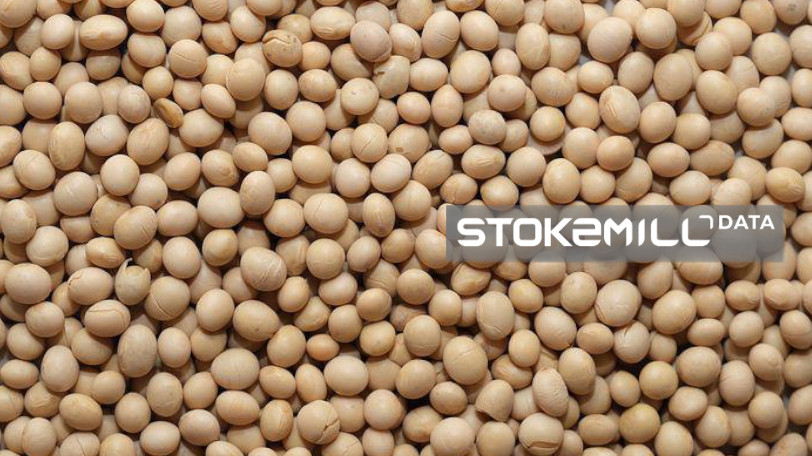How will palm and soybean oil exporters cope with a smaller EU market?
EU food and biofuel end users to adjust as exporters of tropical oils start to lose market access
Major palm oil and soybean oil exporters, particularly Brazil, Malaysia and Indonesia now have to contend with a new reality. Indeed the EU Commission has linked palm oil to deforestation and aims to phase out the versatile oil from its accepted list of biodiesel and food raw materials. A similar plan has been in the works for soybean oil, which in good part originates from South America and is believed to have added to deforestation worries in the Amazon. As a consequence the share of palm oil used in biodiesel and food in the EU is expected to fall from 23% of total raw materials in 2019/21 to 9% by 2032, leading Malaysia and Indonesia to worry aloud about a sizeable loss in their exports in the next ten years. On the other hand, the prospect of reduced soybean oil imports would hit Brazil, a leading exporter of the beans, and risks increasing its dependence on China, which already imports around 100 million tonnes of soybeans per year.
How does the EU Commission intend to fill the gap?
In its 2022/2023 Agricultural Outlook, the Commission aims to raise the share of advanced biodiesel to 42% from 29% over the ten year forecast period while palm oil and soybean oil use is cut, in part by relying on its double counting policy that favours waste oils and fats. In its calculations the EU wants to raise the uptake of waste oils and fats and keep its use of rapeseed oil as steady as possible. In food applications the commission aims to oversee a reduction of the use of palm oil of nearly 36% and a cut in soybean oil of 23% with the gap to be filled by rapeseed oil and sunflower oil.
Are these calculations realistic going forward? After Russia's invasion of Ukraine in Feb 2022 the jury is out on rapeseed oil supply, as Ukraine was a major exporter before the war erupted and hit commodity markets hard and propelled an emerging markets' food crisis to the fore. If recent history of EU's rapeseed production is any guide, imports of canola from Canada would need to increase to maintain availability. As regards animal fats much would depend on the direction of meat consumption in the region, something that hasn't offered much joy recently, not to mention rampant food and energy inflation cutting into households' budgets as the year 2023 starts. Further, the supply of waste oils such as used cooking oil (UCO) depends on a steady out of home eating whilst working from home becomes entrenched and recessionary worries mount in the region. While such uncertainties deploy their effects going forward, the US inflation reduction act (IRA) will start to drive a wedge between the US and EU, as the EU rightly worries that the legislation's subsidies and its implied protectionism will favour US renewable energy suppliers at the expense of the old continent's. Market forces might redirect vegetable oil and fats flows to the US and contribute to rising prices.
Who will benefit from EU's reduced appetite for soybean and palm oils?
This is hard to say at this stage, but any exporter of non palm and soybean oil or by-products such as free fatty acids (FFA) located outside the EU might benefit from steady demand and high prices.
How Stokemill Data can help vegetable oil or waste oil exporters
Stokemill Data will work hard to identify end users of vegetable oils or waste oils in biodiesel, food, animal feed and non-food processing, collect the necessary insights and finally, connect exporters with interested buyers. Contact us to know more about us, our methodology and get your free consultation.
Keywords: vegetable oil exporters, waste oil exporters, biodiesel, animal fats, used cooking oil, UCO, free fatty acids, FFA


